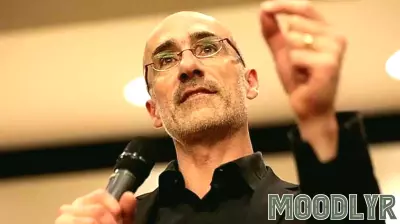Unveiling the Truth Behind the Stanford Prison Experiment
January 14, 2025 - 16:54

Recent investigations by a French science historian have shed new light on the notorious Stanford prison experiment, revealing significant flaws in its methodology that have long been overlooked. The historian's research indicates that the so-called "guards" in the experiment were not merely participants but were actually coached to exhibit brutal behavior. This revelation raises critical questions about the ethical standards of psychological experiments and the implications of the findings that have influenced both academic and popular perceptions of human behavior.
Initially conducted in 1971 by psychologist Philip Zimbardo, the experiment aimed to study the psychological effects of perceived power by simulating a prison environment. However, the new findings suggest that the results may have been biased by the intentional instigation of aggression among participants. Despite these shortcomings, the experiment continues to be cited in discussions about authority, conformity, and moral judgment. The historian's work, now accessible in English, challenges the narrative surrounding the experiment and calls for a reevaluation of its legacy in the field of psychology.
MORE NEWS

February 9, 2026 - 15:09
The Reverse Bucket List: A Psychologist's Prescription for Greater HappinessIn a goal-obsessed culture, a prominent happiness researcher proposes a counterintuitive yet profoundly effective practice: the reverse bucket list. Instead of cataloging future aspirations, this...

February 8, 2026 - 23:54
Psychology says people who were raised in the 1950s and 1960s developed these 9 inner strengths that are rare todayThere is a distinct resilience observed in those who came of age in the 1950s and 1960s. Psychologists point to the unique social and economic conditions of that era, which cultivated a set of...

February 8, 2026 - 02:46
Here’s What Makes for an Ideal Scent-Sniffing DogThe world of scent detection dogs is one of remarkable precision, where a canine`s nose can save lives, solve crimes, and protect ecosystems. But not every dog is cut out for this critical work....

February 7, 2026 - 02:38
If you’re over 50 and still do these 7 things, psychology says your mind is stronger than most people realizeWhile society often assumes mental decline is inevitable after 50, a fascinating psychological perspective reveals the opposite for many. Individuals in this age group who consistently exhibit...